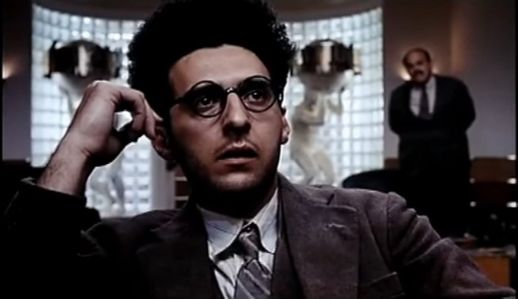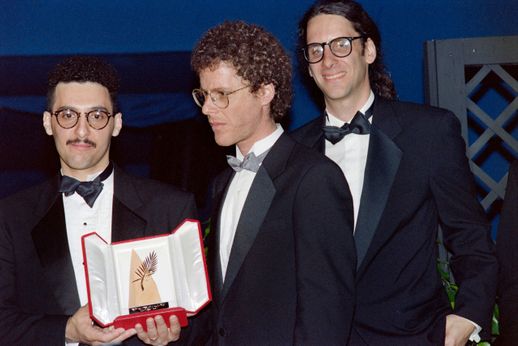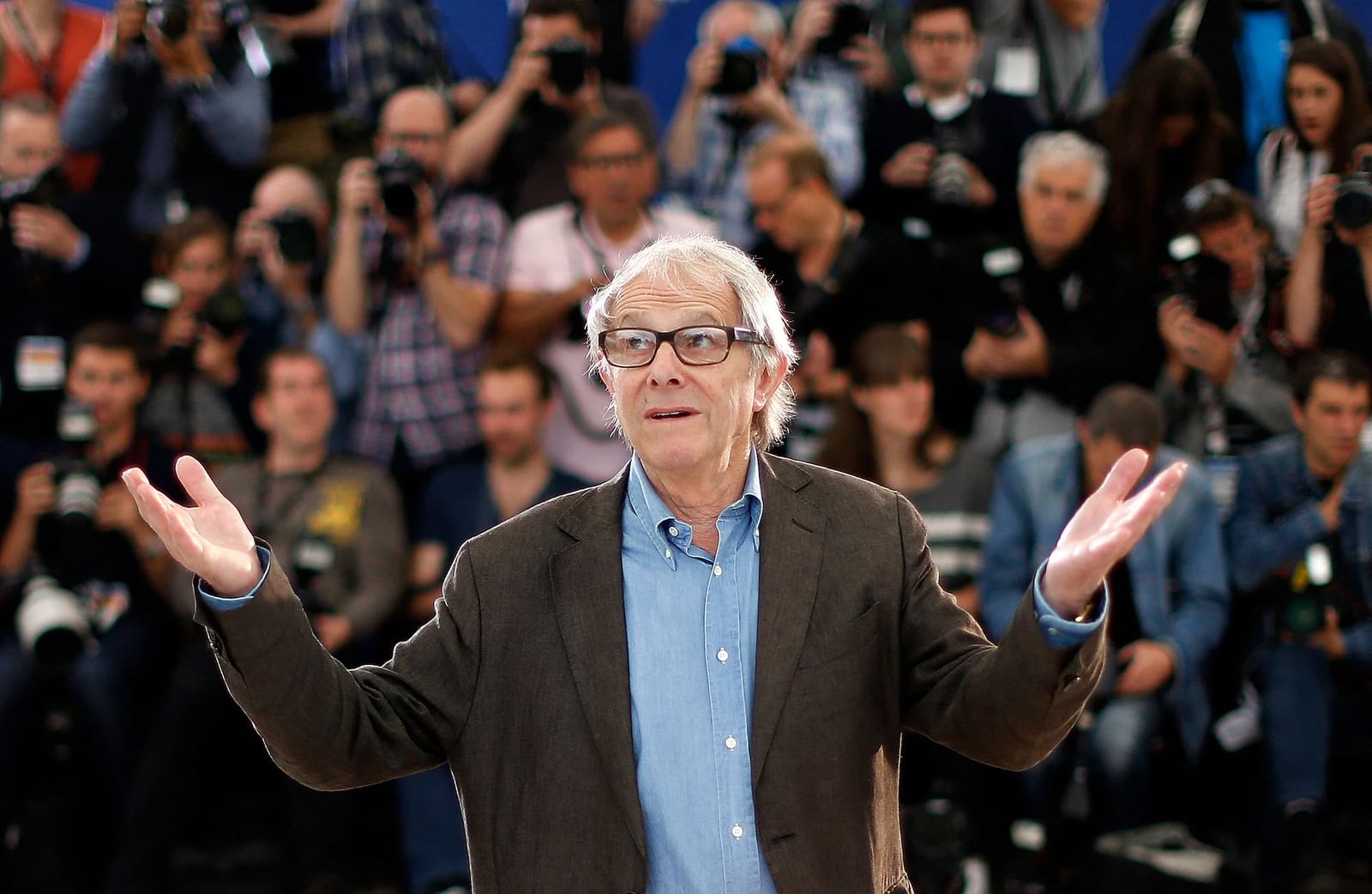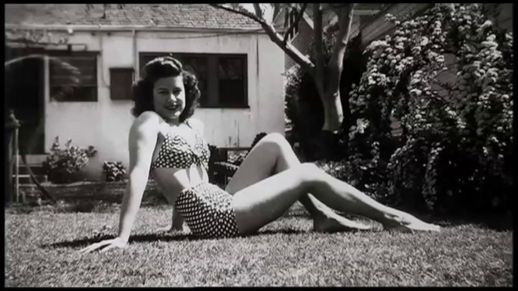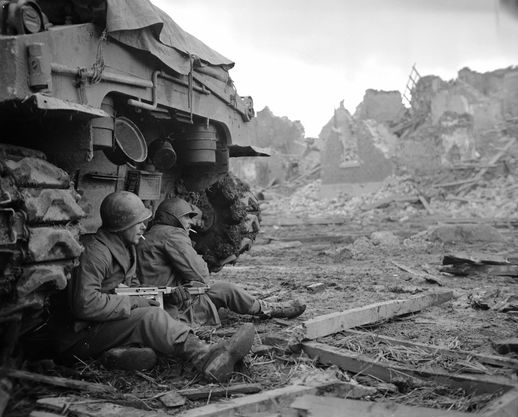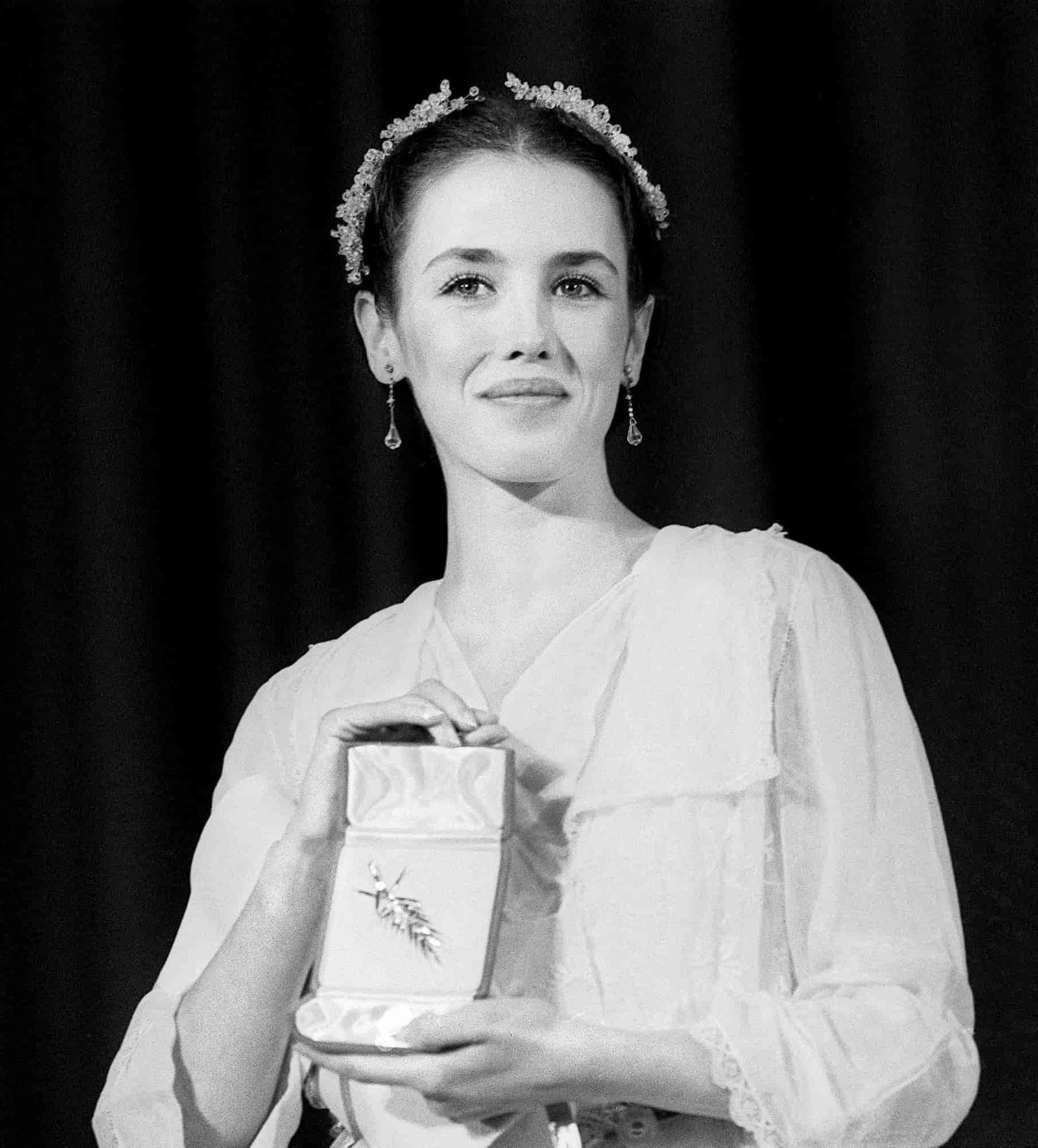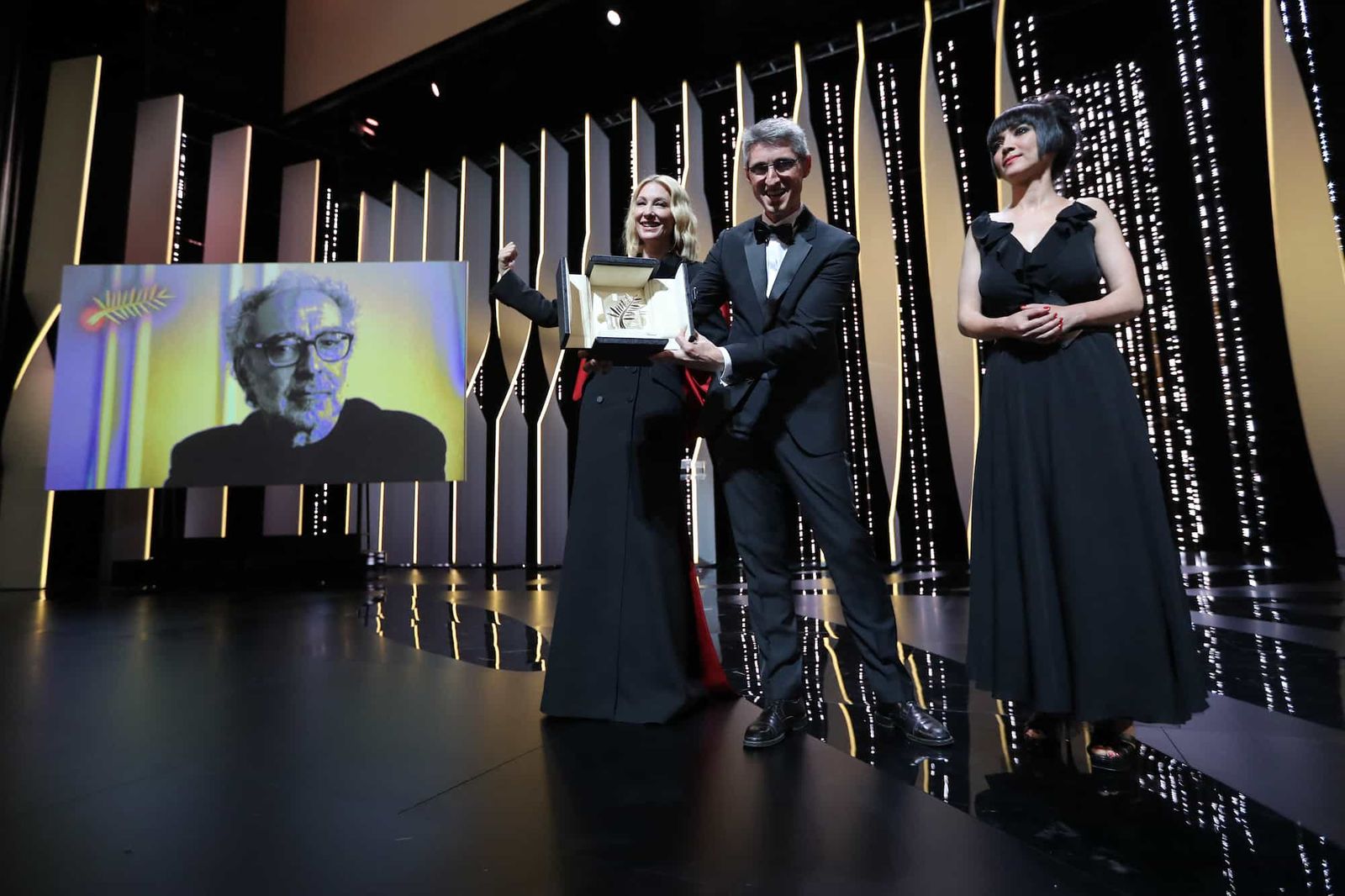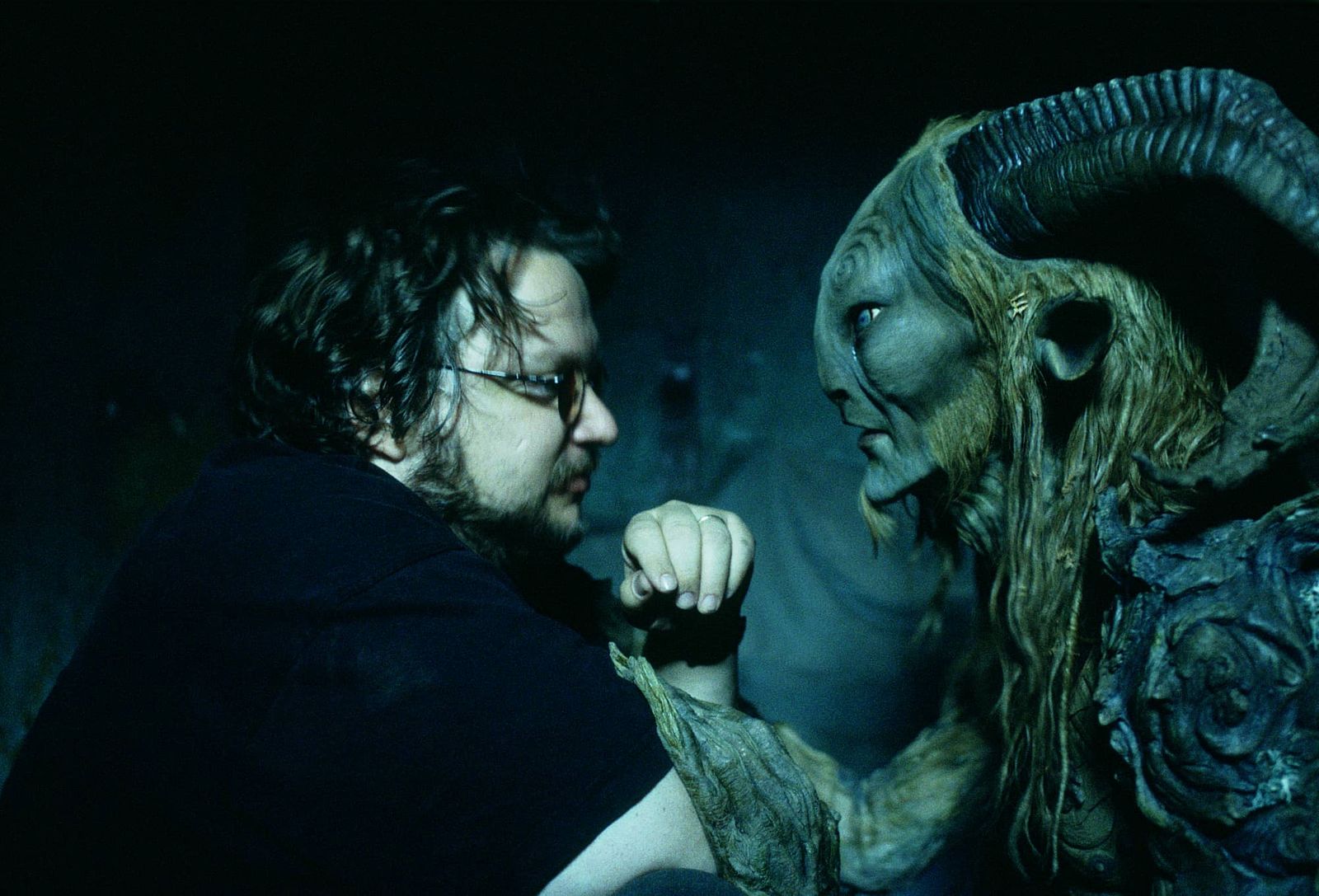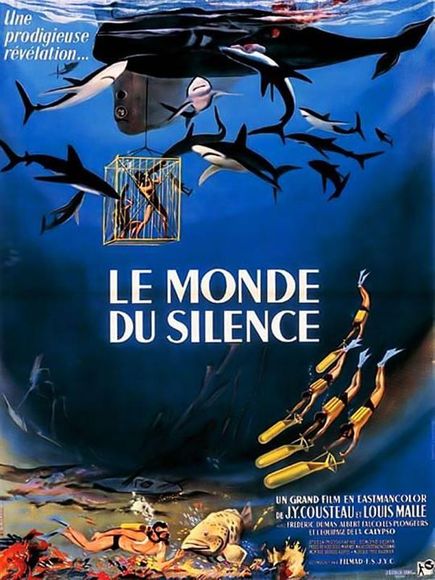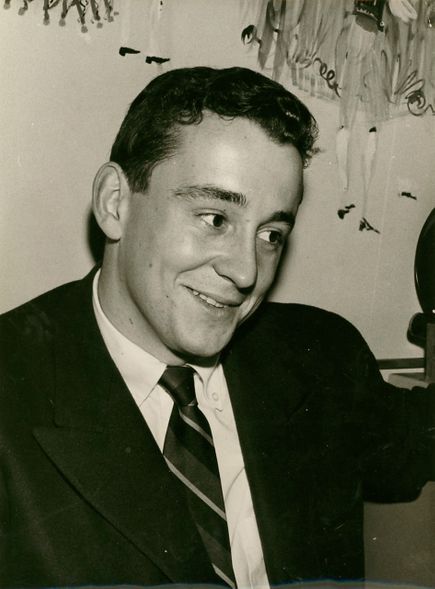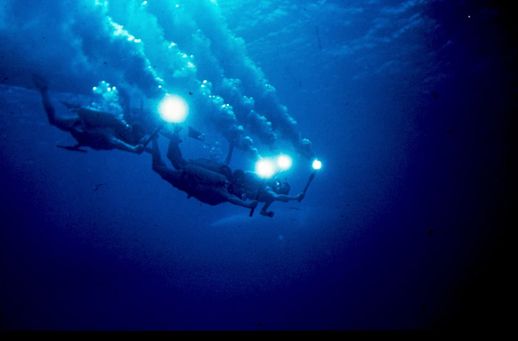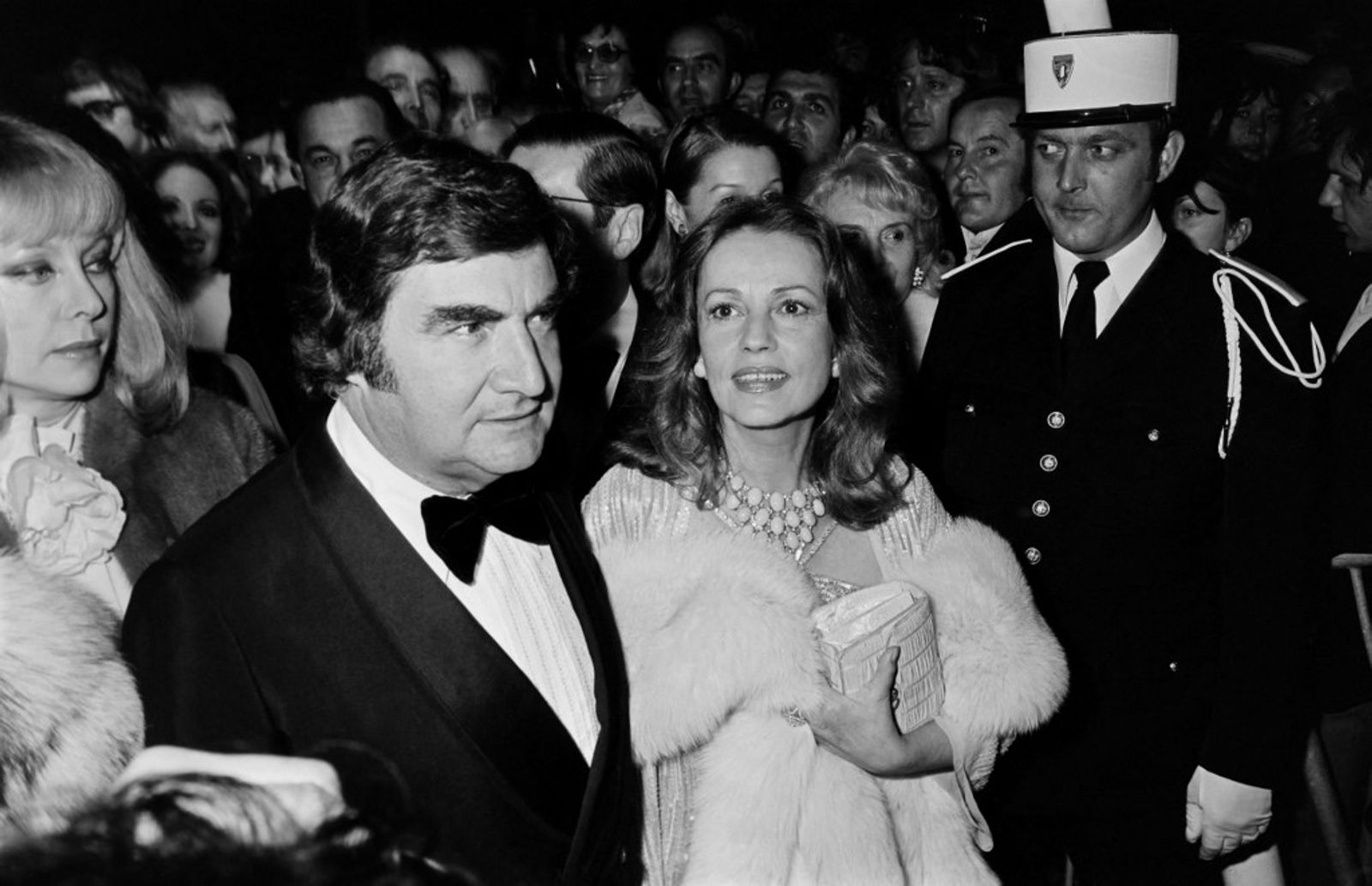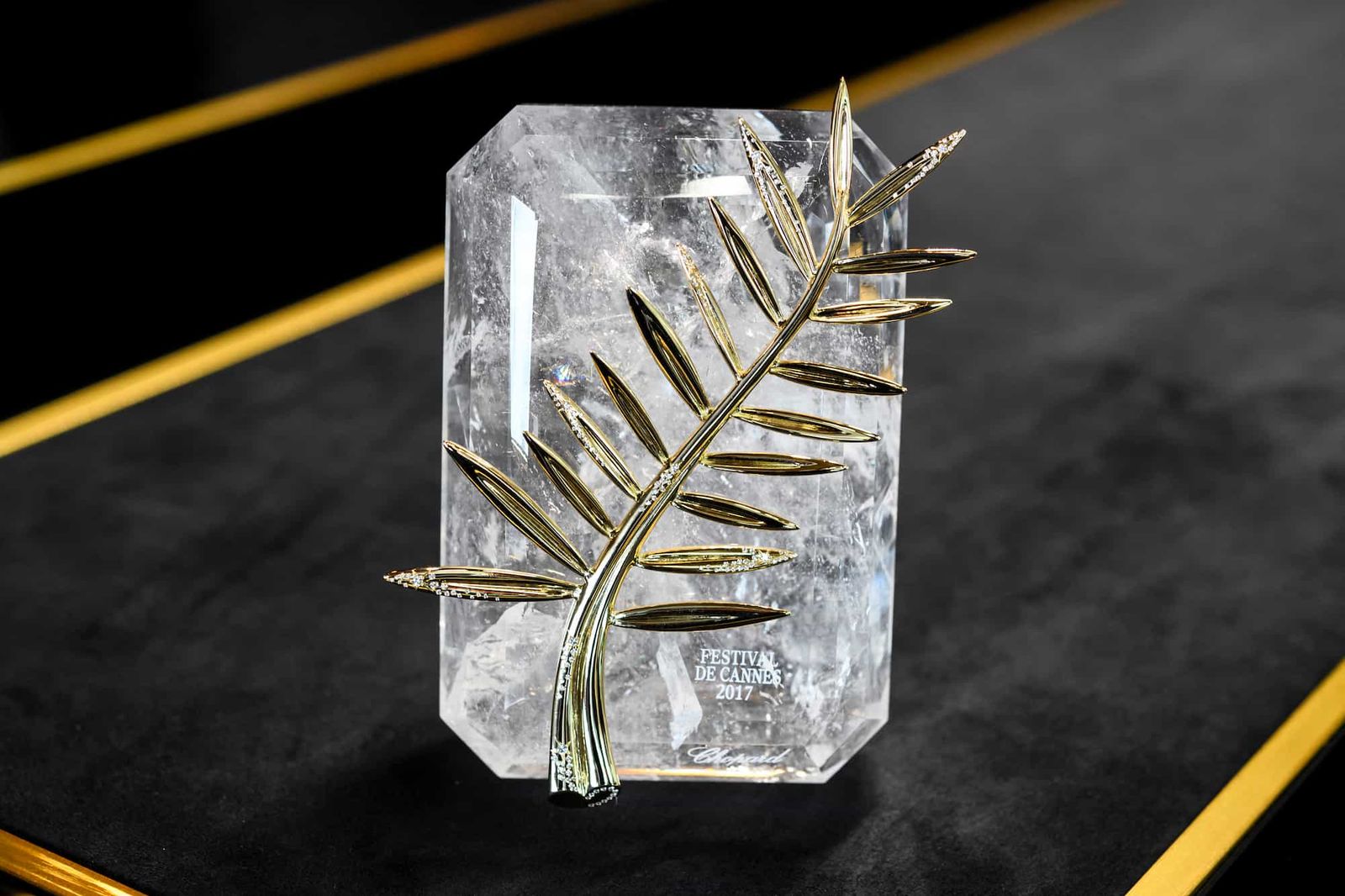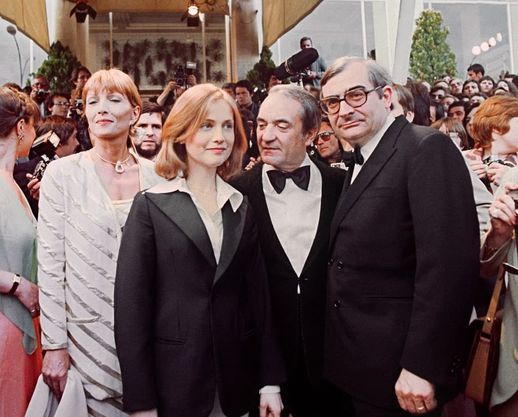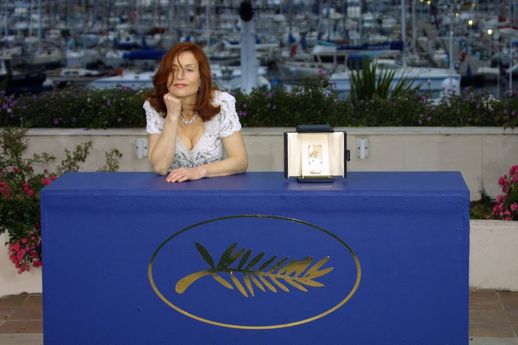In 1991, the Coen brothers’ Barton Fink scooped the Best Actor (John Turturro), Best Director and Palme d’Or titles, becoming the Festival de Cannes’ first triple-award-winning film.
Following on from the brothers’ haul, a rule preventing films from winning several main awards was brought in through Article 8 of the regulations: from that point on, films could only win acting awards in combination with one of the major awards. The triple-whammy move only ever happened on two other occasions: with L’Humanité by Bruno Dumont in 1999 and The Piano Teacher by Michael Haneke in 2001, with both films netting the Grand Prix plus the awards for Best Actor and Best Actress.
